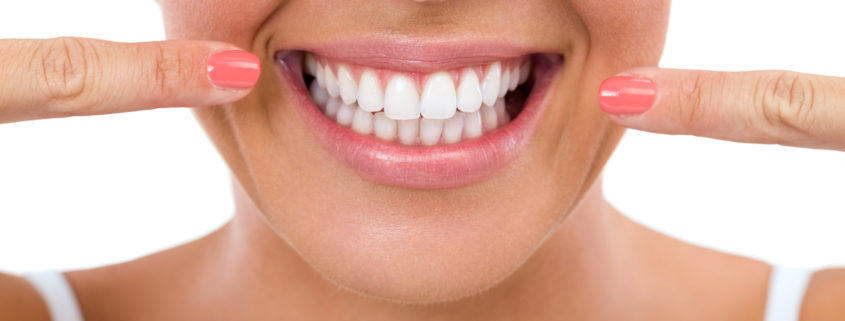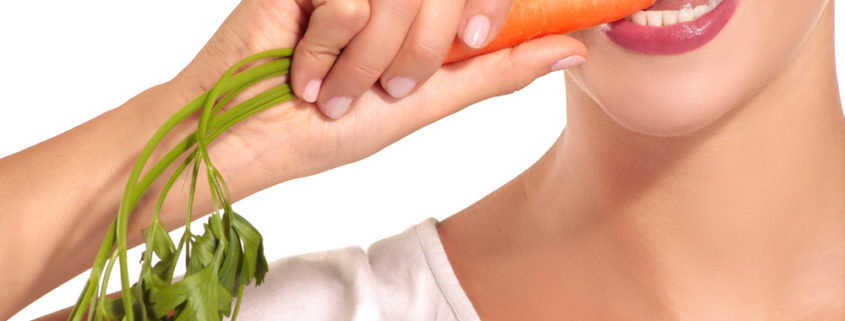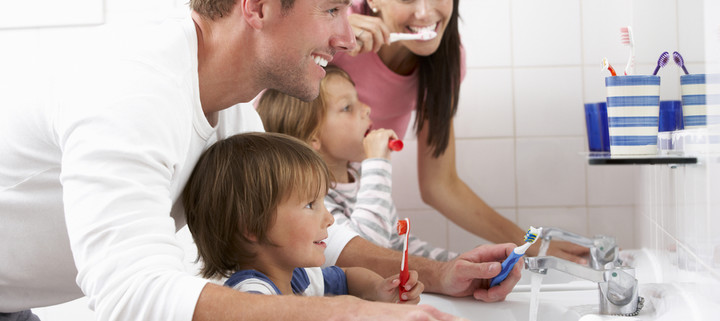Health Benefits of Having Straight Teeth
We all know how important it is to care for our teeth and overall oral health. Brushing is a must and don’t forget to floss! We want to keep our teeth in tiptop shape, avoiding harmful foods that can destroy our enamel and cause us cavities. But one area of oral health that we often overlook is straight teeth! Orthodontics is mainly thought of as a cosmetic dentistry treatment. So how can having straight teeth help benefit your oral health?
Here are some of the benefits to having a straight smile:
Healthier gums –
Having straight teeth allows for your gums to fit properly around your teeth, reducing the risks of periodontal disease. When teeth are too crowded, it can be difficult to clean in between teeth, which will ultimately cause gum issues.
Cleanliness –
To piggyback off of the prior benefit, having an orderly set of pearly whites makes space for easier brushing and flossing. There will be fewer crevasses and spaces open for food or plaque build up. Build up of food particles and plaque will eventually lead to tooth decay.
Less tooth wear and abnormal bite –
With straight teeth, they sit in each other, for less wear on enamel. When teeth are crooked they can rub on each other, wearing them down over time. Along with the rubbing, crooked teeth can cause an abnormal bite, whether it be an overbite or under bite. Having a serious bite issues can cause difficulty chewing.
Reduces headaches –
Crooked teeth can cause stress on the gums and jaw, oftentimes resulting in misalignment of the jaw. When the jaw is out of place with tension and stress placed on it, you may experience headaches.
Overall health –
It has been proven that when you improve your oral health, you will in turn improve your overall health. You will reduce your risk of heart disease, diabetes, gum disease and many other health concerns.
If you are interested in straightening your teeth and improving your smile as well as your health, we have several options you can choose from. You are welcome to give us a call or set up an appointment to discuss which option may be best for you.
We want you to look and feel the best that you can. Let us know how we can help you and we will do our best to accommodate you and improve your oral health.




